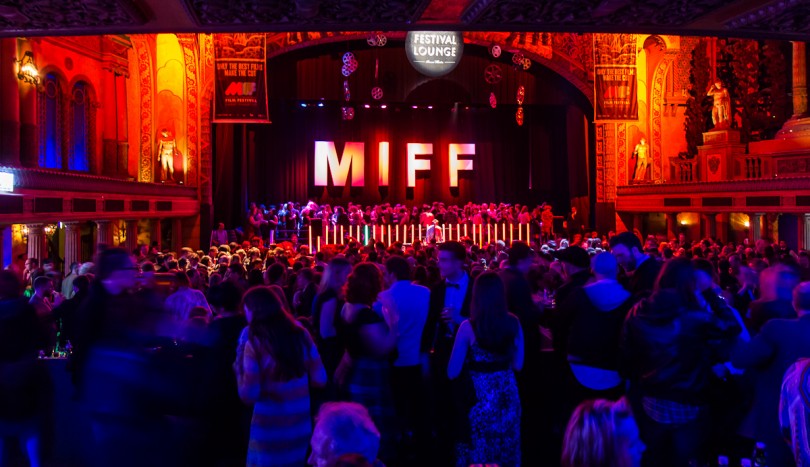The 2015 Melbourne International Film Festival kicked off its 2015 season with an opening gala premiere of Paul Cox’s new film, Force of Destiny.
The annual festival showcasing the best new films from both Australia and Overseas runs until August 16.
MIFF is a huge draw card for tourism in Melbourne and is one of the largest international events held in the city along with the Melbourne International Comedy Festival, the Australian Open and the Australian Grand Prix.
With over 300 features, shorts, documentaries and animated films shown at the festival is there is something for everyone to enjoy.
Highlights of the program include international panorama features like this year’s Cannes Jury Prize winner The Lobster starring Colin Farrell and Rachel Weisz, indie coming-of-age film Me, Earl and the Dying Girl, and 99 Homes, a drama focusing on the housing crisis after Hurricane Katrina starring Michael Shannon and Andrew Garfield.
Also on offer is a large array of Australian features, documentaries and shorts from both established and emerging filmmakers. The festival will also feature a retrospective of indigenous Australian acting icon David Gulpill, tracking his career from his breakout film Nicolas Roeg’s Walkabout from 1971 to Rolf de Heer’s Charlie’s Country from 2014.
MIFF’s NextGen program features a unique selection of “intelligent, entertaining and diverse films” geared towards younger festival go-ers, chosen for their for ability to “stimulate discussion and social awareness.”
The NextGen selection is just one of the ways MIFF nurtures the inspirations and talents of future filmmakers.
Emerging filmmaker and founder of art collective AEVOE, James Robinson, said the MIFF was an integral part of the film scene in Australia “giving screening opportunities to filmmakers whose films don’t have a chance of receiving Australian distribution”.
“MIFF is commendable for taking the spotlight off English-speaking Western filmmakers in Australia and placing it instead on filmmakers with any level of experience, from any part of the world, and with any vision in mind,” he said.
Robinson says the main “game changer” setting MIFF apart from other international film festivals is its Premiere Fund, that “gives money to young Australian filmmakers to produce their films in exchange for MIFF holding its world premiere.”
In 2014, the Victorian Government renewed its Premiere Fund initiative for a further four years, costing $3.8 million. The fund is “important for audiences, local filmmakers and the State’s creative economy,” according to MIFF Chairperson Claire Dobbin.
Films that have been helped by the Premiere Fund include Bran Nue Dae, Balibo, Tim Winton’s The Turning, and last year’s breakout hit, Paper Planes.
RMIT cinema studies lecturer Dr Ashley Perry said MIFF was important for “younger, or more precisely, less recognised filmmakers [to be] provided with a platform for their work to be seen”.
“MIFF continues to maintain a strong/dedicated commitment to the showcasing of new filmmaking talent and the screen stories they seek to tell. Hopefully the talent and their films remain diverse, engaging and relevant,” he says.
MIFF runs from July 30th – August 16th. You can find the full program of events and ticket bookings here.
(Photo credit: Pieces of Victoria)








[…] This article was originally published on The City Journal, 31/7/2015 […]